Blog
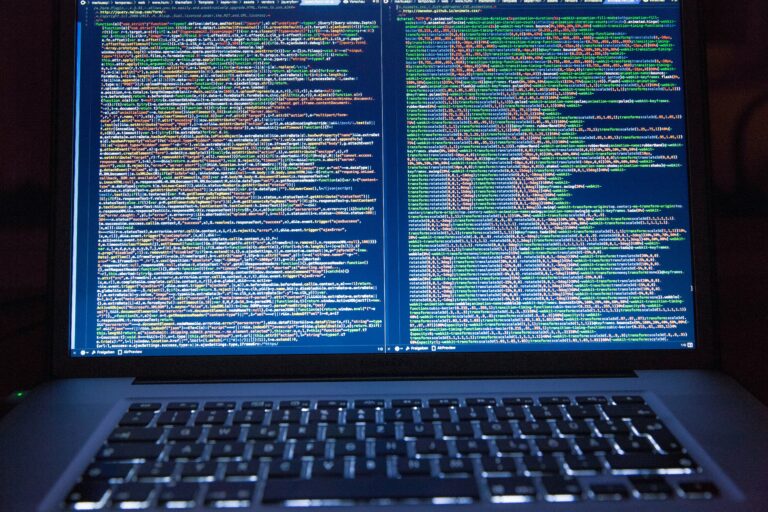
Boolean Logic
March 7, 2022
Boolean logic may sound advanced, but it isn’t difficult to introduce to students with games and discussion points, and once they get the hang of it, they’ll be able to create more intricate conditionals in their code
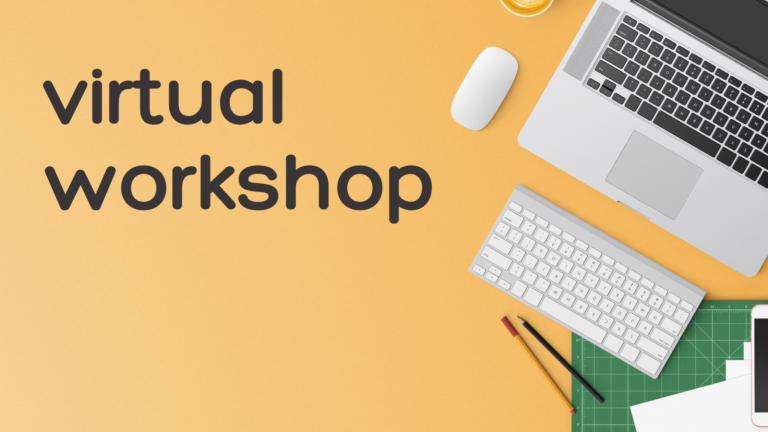
Computational Thinking: Break It Down – Recorded Workshop
February 23, 2022
Did you miss the virtual workshop, Computational Thinking: Break It Down? Don’t worry, you can watch the recording. This workshop is an opportunity to build confidence and competence in teaching computational thinking.

Imposter Syndrome
February 3, 2022
Do you struggle with Imposter Syndrome?
Do you have techniques for reminding yourself of your own worth?
How can you encourage your students to view success or failure as parts of the learning process, rather than making them part of their self-image?

Virtual Workshop Recording: You’re a Computational Thinker
January 27, 2022
Did you miss the virtual workshop, You’re a Computational Thinker on January 26, 2022? Don’t worry, you can watch the recording! This workshop offers an opportunity for teams to build their confidence and competence in computational thinking.
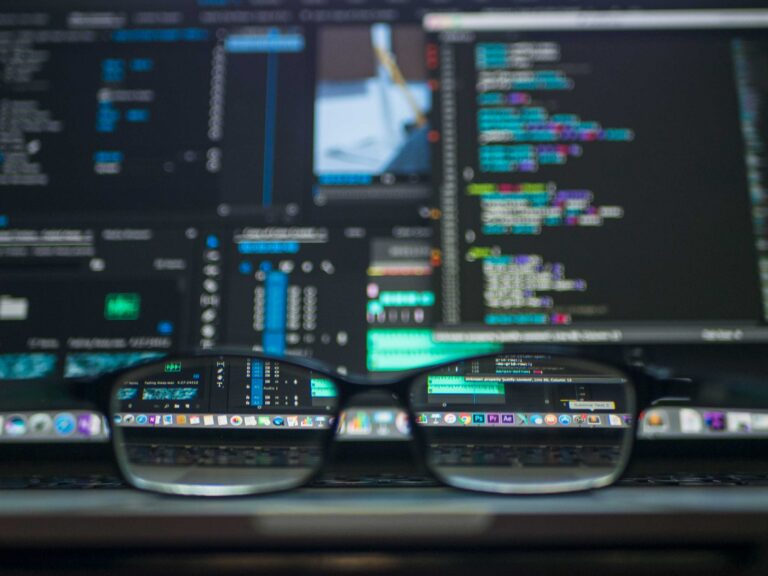
Virtual Workshop Recording: Computer Science: It’s Easier Than You Think
December 16, 2021
Did you miss the virtual workshop, Computer Science: It’s Easier Than You Think on December 15, 2021? Don’t worry, you can watch the recording! This workshop was an opportunity for teams to build their confidence and competence in teaching computer science in out-of-school time programs.
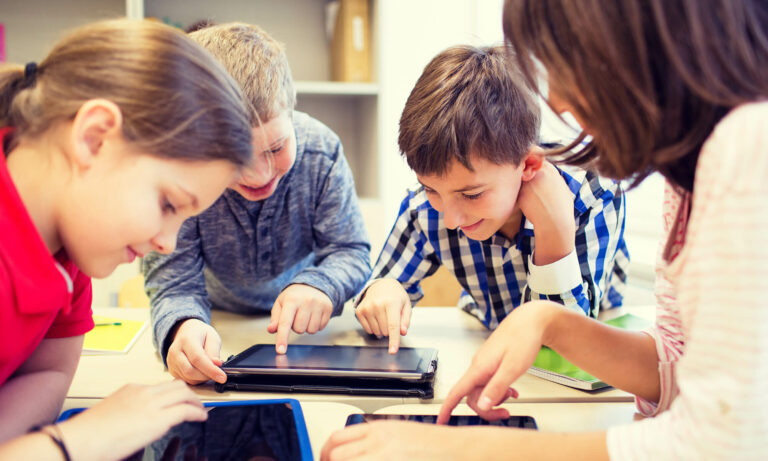
Preparing Younger Kids for Computational Thinking
November 11, 2021
As coding becomes a more widely demanded skill, youth are eager to get on the bandwagon at seemingly younger and younger ages. Incorporating activities that reinforce students’ use of symbols, sequencing, and automation can be great early steps in teaching them to think like a computer.
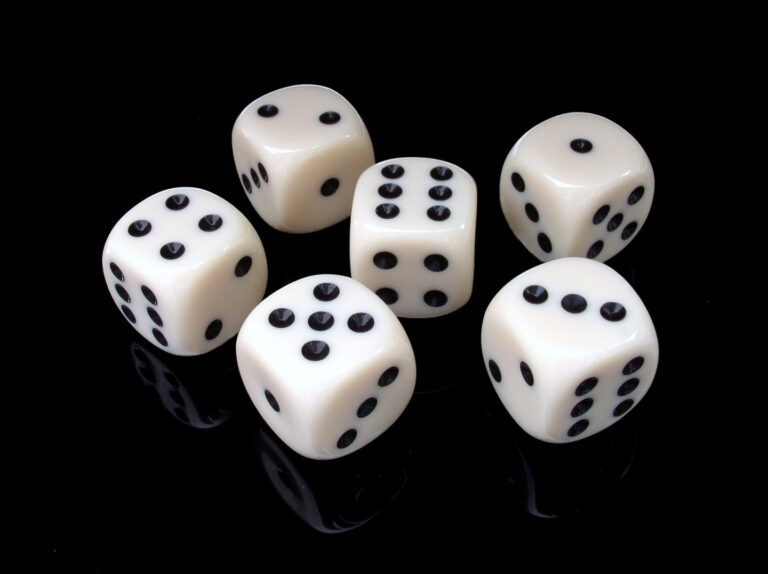
Crazy About Conditionals
October 25, 2021
Conditionals are one of my favorite coding concepts to teach. It’s a concept that most students grasp easily in unplugged activities. Conditionals are simple “if” statements. If this happens then this will happen. Here are a few ideas and fun games you can use to introduce conditionals to your students.
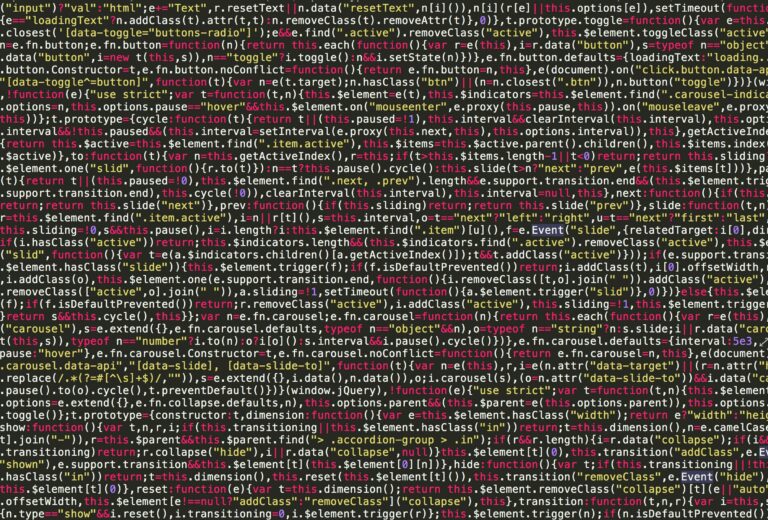
DeBugging!
October 12, 2021
We all want our kids to become better programmers. The best way to help them learn to code is to actually help them learn how to debug their code. Debugging is a great way for kids to actually find how to solve their problems and work through their code. Experts will say when you find the problem and figure out a solution, it’s actually the best way to learn.

Computer Science Videos Your Students Will Love
September 28, 2021
As a teacher, I know that kids learn in different ways. Some kids learn better by using their hands, some by listening, and others by watching videos. These days, kids are learning how to cook food, make slime, and make themselves better by watching videos. But did you know you can use videos to help teach kids computer science? Here are a few of my favorites.
